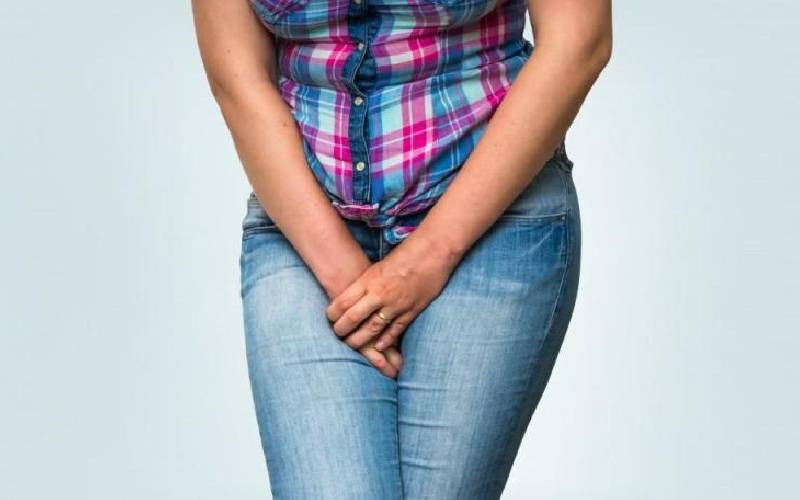×
The Standard e-Paper
Stay Informed, Even Offline

Your bladder stores urine until you are ready to release it without worrying about leaks.
Most people usually urinate between six and seven times within 24 hours. With a healthy bladder, one should go about their daily business without leaking urine.